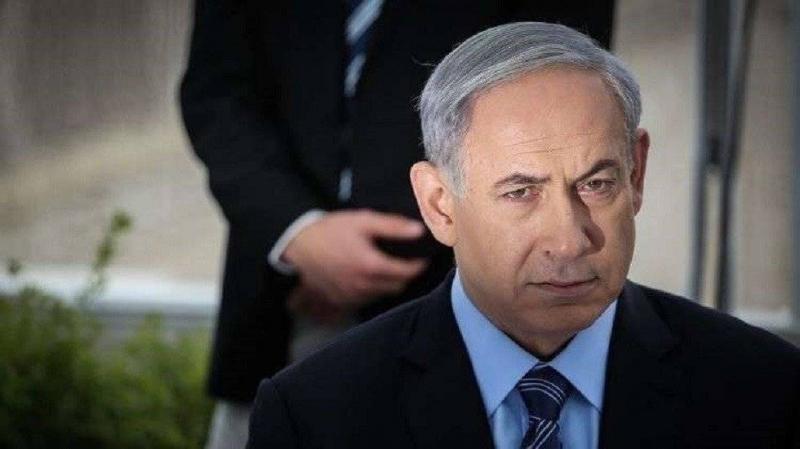The decision by Israel's Supreme Court, mandating the government to recruit students from ultra-Orthodox (Haredi) yeshivas into the army, could lead to the collapse of Prime Minister Benjamin Netanyahu's ruling coalition, echoing strongly within Israel amidst an unprecedented crisis coinciding with the ongoing Gaza war.
In its ruling, the Supreme Court ordered the suspension of funding for religious schools, stating that there is no legal basis to prevent the government from drafting Haredi Jews into the Israeli army. The court indicated that amidst the ongoing difficult war, the burden of inequality has become more acute than ever, referring to the years Haredim have enjoyed exemptions from military service.
The exemption of Haredi Jews from conscription has become a particularly charged issue, especially since the Israeli armed forces, primarily composed of young conscripts and older civilians called up as reserve forces, are exhausted due to the multi-front war. Haredi Jews make up 13 percent of Israel's population of 10 million, a figure expected to rise to 19 percent by 2035 due to higher birth rates.
Netanyahu's coalition includes two ultra-Orthodox parties that view exemptions as crucial for retaining support from their voters in religious institutions and preventing the integration of these supporters into the army, which might clash with their conservative customs. Leaders of the parties expressed disappointment over the ruling. However, the possibility that the army, backed by Defense Minister Yoav Gallant, might begin to draft students from religious institutions could further deepen the divisions within the increasingly fragile government coalition.
In initial reactions to the ruling, Yisrael Beiteinu party leader Avigdor Lieberman regarded the recruitment of Haredim as an important and historic step. He noted that the Israeli army "needs manpower after losing a whole brigade of soldiers in battles in Gaza, or who were severely wounded." Meanwhile, opposition leader Yair Lapid claimed that failing to enforce the recruitment law for religious Jews is "a betrayal of the army's soldiers," calling for their immediate conscription.
According to a Haredi source cited by the Maariv newspaper, the Supreme Court's decision will not lead to a crisis in the coalition. Education Minister Yoav Kish, a member of Netanyahu's Likud party, expressed hope for a compromise agreement. The "Quality of Government" movement called on the government and the Defense Minister to implement the decision without delay.
Since 2017, successive governments have failed to reach a consensual law regarding the recruitment of Haredim after the Supreme Court annulled a law established in 2015 that exempted them from military service, deeming the exemption a violation of the "principle of equality." Most Israelis are legally required to serve in the army, whereas students of extreme Jewish religious institutions have been exempt for decades. Currently, the Israeli army is primarily composed of conscripts and older teenagers who have been called up for reserve service amidst the Gaza conflict.




